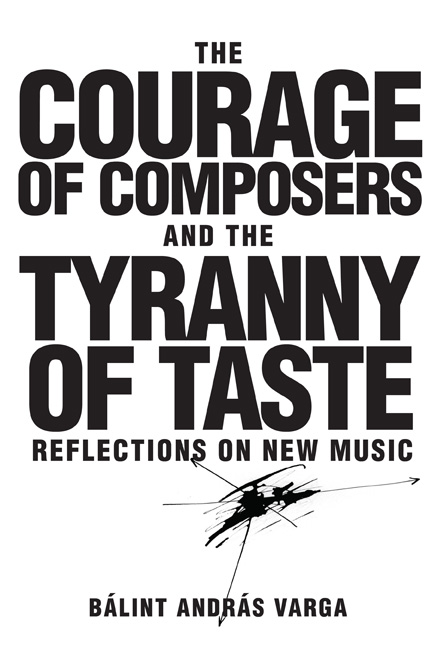25 - Enno Poppe (b. 1969)
Published online by Cambridge University Press: 22 May 2021
Summary
Enno Poppe's lanky figure with his abundant shock of flaming red hair is a familiar figure at new music concerts and festivals in Europe, mainly in Germany and Austria but also as far afield as Russia. You see him on stage as a conductor of ensembles (mainly of the one he cofounded in Berlin, the Ensemble Mosaik [1997] but also of other formations, such as Klangforum Wien), as well as in the audience. What matters is his presence.
If you read the interview with him, you are bound to be impressed by his strong feeling of responsibility for the cause of “New Music”—so significant in the working life of this highly talented, original composer.
If you look at his concert programs, you will be intrigued by the frequent absence of his own works. He formed his ensemble not so much to promote his own compositions but, again, to serve new music. And one is impressed by his enthusiasm for his fellow composers whom he regards as comrades-inarms— rarely does one encounter a composer who is so full of praise for his colleagues.
If you read on, you will also be struck by his immersion in the music of his forebears, such as Haydn—you may not hear it when you are actually listening to his music, but íts roots do reach deep down—evidence of his searching spirit, his inquisitive mind, and, again, of his sense of responsibility toward his calling.
In thinking of Enno Poppe, I was struck by an admittedly far-fetched image—that of the Schutzmantelmadonna.1 I have decided to mention it nevertheless for, close as I am to the past and present of contemporary music, I am reassured by the presence of the figure of someone like Enno Poppe, spreading his protective cloak over the cause to which he has devoted his life.
Vienna, April 28, 2015
Revised January 29, 2016
You must have courage—always. You must always progress a step farther, and should have the confidence to discard whatever has failed to develop its potential.
Schoenberg: he was one who was incredibly good at whatever he was doing—and whatever he was good at, ceased to interest him. He was determined to make continual progress.
- Type
- Chapter
- Information
- The Courage of Composers and the Tyranny of TasteReflections on New Music, pp. 153 - 160Publisher: Boydell & BrewerPrint publication year: 2017



